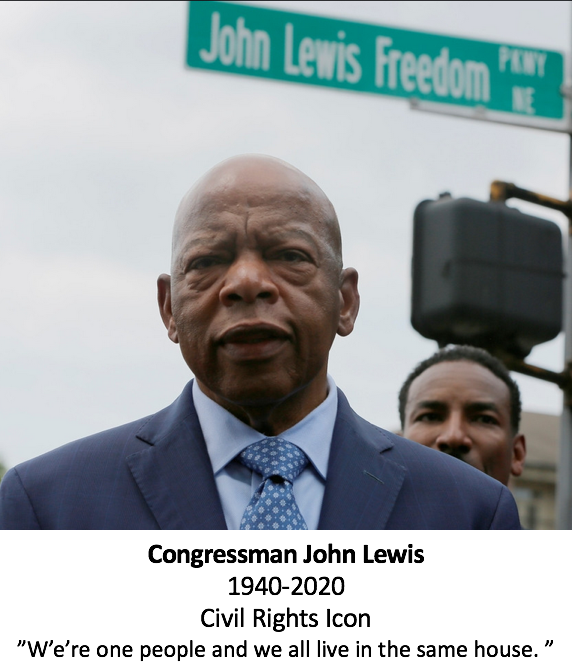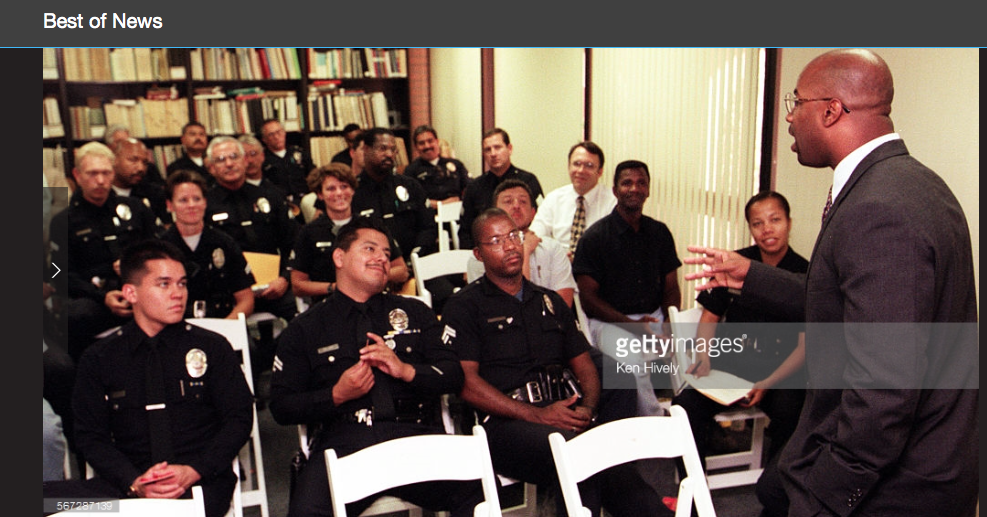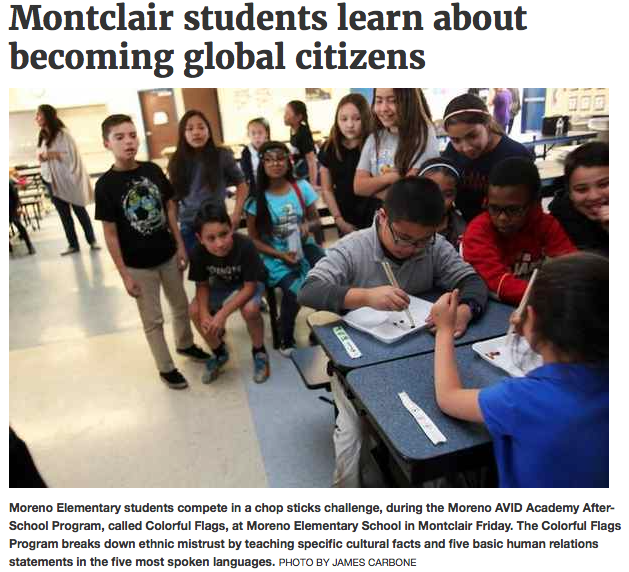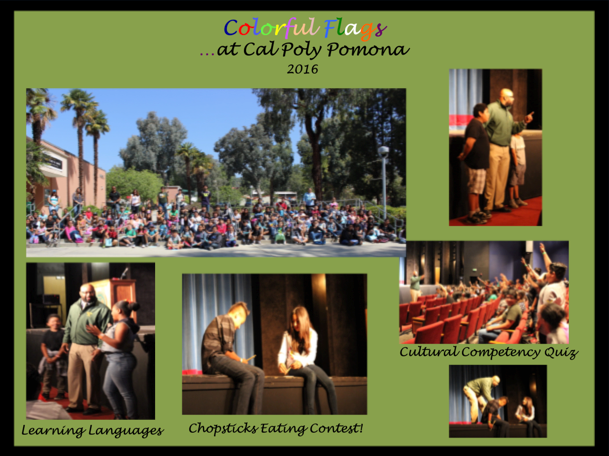Colorful Flags Breaking Down Ethnic Mistrust
 History
History
In March 1991 an African-American teenager named Latasha Harlins walked into a South Central Los Angeles
convenience store owned by a Korean-American merchant. Shortly after entering, she got into an intense argument
with the Korean-American clerk over a bottle of orange juice the clerk thought the teenager was attempting to
shoplift. Words were exchanged as the two grabbed for the orange juice bottle. After the scuffle, Harlins
attempted to exit the store, but before she could leave, the clerk shot her fatally in the back.
This tragic incident weighed on Renford Reese's mind for months. There had to be a way, Reese thought,
to defuse such situations before they escalated into tragedies. He believed, as others in the community
believed, that Latasha Harlins' death was the climax of growing ethnic tensions between Korean Americans
and African Americans in the South Central neighborhood. His resolve was further strengthened the following
summer, when South Central erupted in violence following the acquittal of four police officers who beat African
America motorist Rodney King. Many of the stores destroyed at the time were owned by Korean Americans.
Reese had just begun a doctoral program in the School of Public Administration at the University of Southern
California. He pledged that he would use his studies to find ways to defuse tensions among the diverse groups
who live in urban communities. In May of 1993, the second year of his doctoral program, he was selected by the
Leadership Institute at the University of Southern California as a "Presidential Fellow." The Leadership
Institute was founded by Warren Bennis; James O'Toole and Burt Nanus were the directors. All three of these
scholars acted as his personal mentors.
The Presidential Fellowship program allowed select students from the USC's 17
graduates and professional schools to participate in an intensive leadership training program. One component
of the program required each Fellow to create and lead a community-based program. The creation of the "Colorful
Flags Human Relations Module" stemmed from Dr. Reese's dissatisfaction with the state of race relations in our
society, especially in Los Angeles. The program was eventually adopted and embraced by the Los Angeles Human Relations Commission.
In the wake of the George Floyd tragedy, Colorful Flags has a revitalized thrust, which includes Social Justice Education.

LAPD Senior Lead Officers participate in inaugural Colorful Flags Workshop, Los Angeles Times
Colorful Flags News Archives

In March 1991 an African-American teenager named Latasha Harlins walked into a South Central Los Angeles convenience store owned by a Korean-American merchant. Shortly after entering, she got into an intense argument with the Korean-American clerk over a bottle of orange juice the clerk thought the teenager was attempting to shoplift. Words were exchanged as the two grabbed for the orange juice bottle. After the scuffle, Harlins attempted to exit the store, but before she could leave, the clerk shot her fatally in the back.
This tragic incident weighed on Renford Reese's mind for months. There had to be a way, Reese thought, to defuse such situations before they escalated into tragedies. He believed, as others in the community believed, that Latasha Harlins' death was the climax of growing ethnic tensions between Korean Americans and African Americans in the South Central neighborhood. His resolve was further strengthened the following summer, when South Central erupted in violence following the acquittal of four police officers who beat African America motorist Rodney King. Many of the stores destroyed at the time were owned by Korean Americans.
Reese had just begun a doctoral program in the School of Public Administration at the University of Southern California. He pledged that he would use his studies to find ways to defuse tensions among the diverse groups who live in urban communities. In May of 1993, the second year of his doctoral program, he was selected by the Leadership Institute at the University of Southern California as a "Presidential Fellow." The Leadership Institute was founded by Warren Bennis; James O'Toole and Burt Nanus were the directors. All three of these scholars acted as his personal mentors.
The Presidential Fellowship program allowed select students from the USC's 17
graduates and professional schools to participate in an intensive leadership training program. One component
of the program required each Fellow to create and lead a community-based program. The creation of the "Colorful
Flags Human Relations Module" stemmed from Dr. Reese's dissatisfaction with the state of race relations in our
society, especially in Los Angeles. The program was eventually adopted and embraced by the Los Angeles Human Relations Commission.
In the wake of the George Floyd tragedy, Colorful Flags has a revitalized thrust, which includes Social Justice Education.

LAPD Senior Lead Officers participate in inaugural Colorful Flags Workshop, Los Angeles Times

